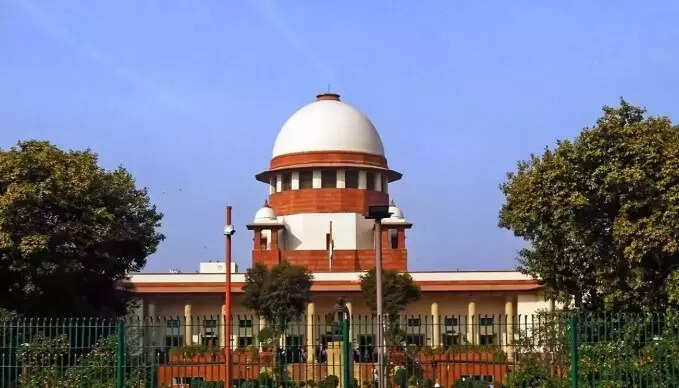Election Commission to Roll Out SIR Nationwide After Supreme Court Approval
In a swift follow-up to the Supreme Court’s supportive remarks, the Election Commission filed two affidavits confirming its plan to implement the Special Intensive Revision (SIR) exercise throughout the country. The decision, the EC said, aligns with its constitutional responsibility to keep electoral rolls up to date. While the full rollout schedule is yet to be shared, the process will begin with Bihar. The move aims to clean up voter lists and ensure only eligible citizens are registered ahead of general and assembly elections.

Supreme Court Calls SIR EC’s Policy Domain
The Supreme Court’s observations during a recent hearing paved the way for this nationwide revision. Addressing challenges to the SIR process in specific states, the court stated that such decisions lie firmly within the policy framework of the Election Commission. “These are domain, prerogative and policy decision of ECI. We can’t intervene beyond a point on issues like where all they want the SIR done. In a particular state where SIR was started, we have monitored. Rest of the states — it’s domain of ECI,” The court added that while SIR was monitored in one particular state, in others, it remains entirely under the EC’s control.Affidavits Filed in Response to Voter List Petitions
The EC’s first affidavit responded to a plea seeking a timeline for SIR in states like Assam, Kerala, Tamil Nadu, West Bengal, and Puducherry. The Commission clarified that it had already made a decision to carry out the process across India. Referring to a June 24, 2025, order, the EC noted that the countrywide SIR would begin with Bihar, and the rest of the schedule will follow ‘in due course’. It reiterated that the exercise is vital to fulfil its constitutional mandate under Article 324 and Article 326.Aadhaar to Be Used Only as Identity Proof
In a second affidavit, the Election Commission addressed concerns around using Aadhaar in the voter verification process. Responding to a plea to modify a September 8 court order, the EC stated it had already instructed officials to use Aadhaar as an identity document, but not as proof of citizenship. The EC emphasized that it is committed to ensuring that only genuine Indian citizens aged 18 and above are included in the voter rolls, and Aadhaar alone does not meet the legal criteria for determining citizenship.“Aadhaar will only be proof of identity, not citizenship,” the affidavit said.Safeguarding Electoral Integrity Remains Top Priority
The Election Commission has reaffirmed its focus on the integrity of electoral rolls, especially as India approaches major elections. It stated that voting rights are strictly reserved for Indian citizens, and measures like the SIR help weed out ineligible names. By starting this revision exercise on a national scale, the EC aims to reduce errors, prevent duplication, and improve the credibility of electoral data. While Aadhaar may assist in verifying identity, the Commission stressed that citizenship verification requires more stringent criteria beyond a single document.Next Story